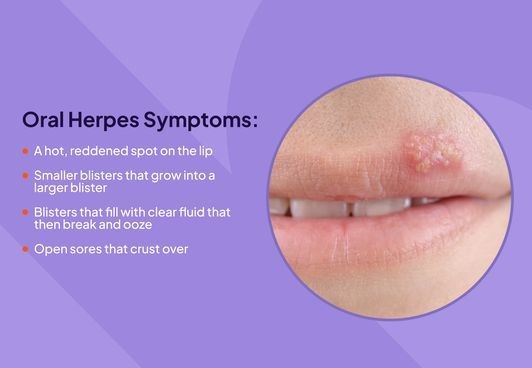A nurse in an acute care facility is assisting with the development of an in-service about reducing environmental stressors to improve clients' sleep. Which of the following instructions should the nurse include?
Conduct change-of-shift report near the clients' rooms.
Turn on overhead lights briefly when checking IV lines.
Open curtains between clients in semiprivate rooms.
Wear shoes with rubber soles.
The Correct Answer is D
Wearing shoes with rubber soles can minimize noise and provide a quieter environment for the clients. It helps reduce disruptions caused by footsteps, especially during nighttime when clients are trying to sleep.
Conducting change-of-shift report near the clients' rooms can lead to increased noise levels and disturb clients' sleep. It is best to conduct report in a designated area away from patient rooms to minimize disruptions.
Overhead lights should be avoided during nighttime or sleep hours as they are bright and can disrupt a client's sleep. Instead, nurses should use a low-intensity light or a flashlight to check IV lines or attend to other needs. This helps minimize disruptions to the client's rest.
Opening curtains between clients in semiprivate rooms can compromise privacy and contribute to increased noise levels. It is important to provide privacy for clients, especially during their rest periods.
Nursing Test Bank
Naxlex Comprehensive Predictor Exams
Related Questions
Correct Answer is B
Explanation
B. Herpes simplex is a viral infection that causes skin eruptions or lesions. To promote healing and prevent secondary infections, it is important to keep the affected area clean. Cleansing the skin eruptions with povidone-iodine, an antiseptic solution, can help reduce the risk of infection and promote healing.

The other options are incorrect:
A. Over-the-counter topical ointments are generally not recommended for the treatment of herpes simplex outbreaks. It is best to consult with a healthcare provider for appropriate medication and treatment options.
C.Herpes simplex is a viral infection, and antibiotics are used to treat bacterial infections. Antibiotics are not effective against viral infections like herpes simplex.
D. Placing disposable thermometers in the client's room is not directly related to the management of a herpes simplex outbreak. It is important to focus on interventions specific to the client's condition.
Correct Answer is D
Explanation
Explanation
D, Elevated ammonia
Cirrhosis is a chronic liver disease characterized by the progressive scarring of liver tissue. As liver function becomes impaired, there is a decrease in the liver's ability to metabolize and detoxify substances, including ammonia. Elevated ammonia levels in the blood, known as hyperammonemia, are commonly seen in clients with advanced cirrhosis.
Elevated amylase in (option A) is incorrect because it is typically seen in conditions affecting the pancreas, such as pancreatitis, and is not specific to cirrhosis.
Decreased bilirubin levels in (option B) is incorrect because they are not expected in cirrhosis. In fact, bilirubin levels are often elevated in cirrhosis due to impaired liver function and the accumulation of bilirubin in the blood.
Elevated lipase in (option C) is incorrect because it is typically seen in pancreatic disorders, such as pancreatitis, and is not specific to cirrhosis.
Whether you are a student looking to ace your exams or a practicing nurse seeking to enhance your expertise , our nursing education contents will empower you with the confidence and competence to make a difference in the lives of patients and become a respected leader in the healthcare field.
Visit Naxlex, invest in your future and unlock endless possibilities with our unparalleled nursing education contents today
Report Wrong Answer on the Current Question
Do you disagree with the answer? If yes, what is your expected answer? Explain.
Kindly be descriptive with the issue you are facing.
